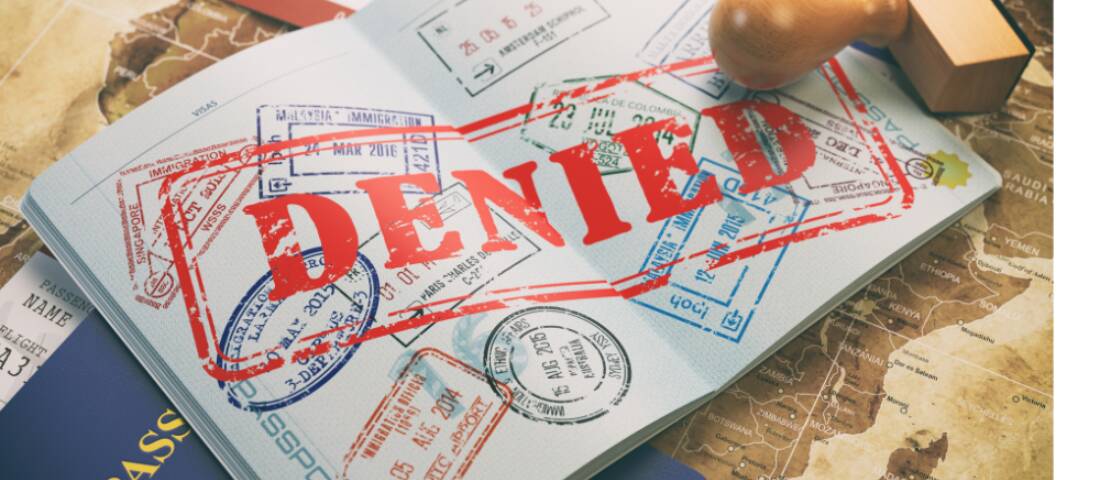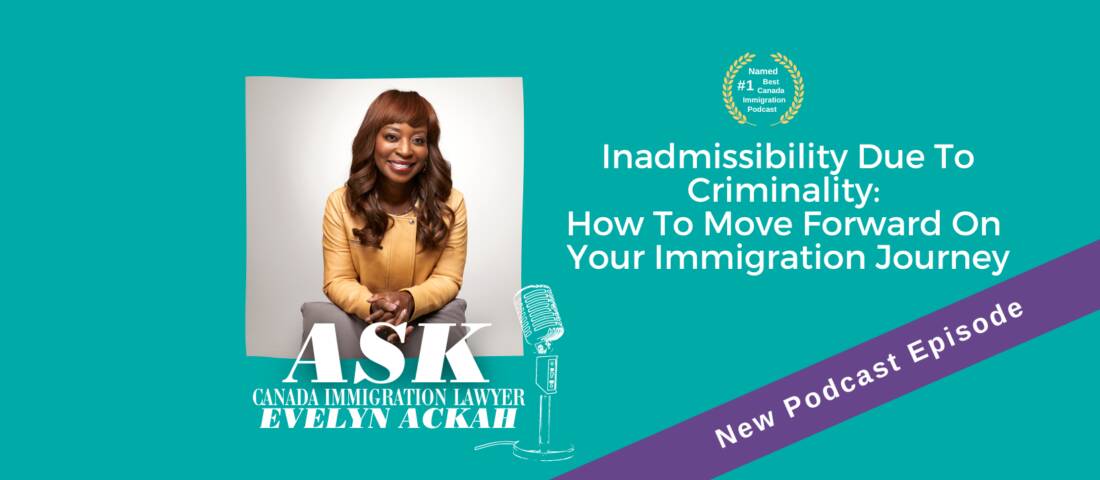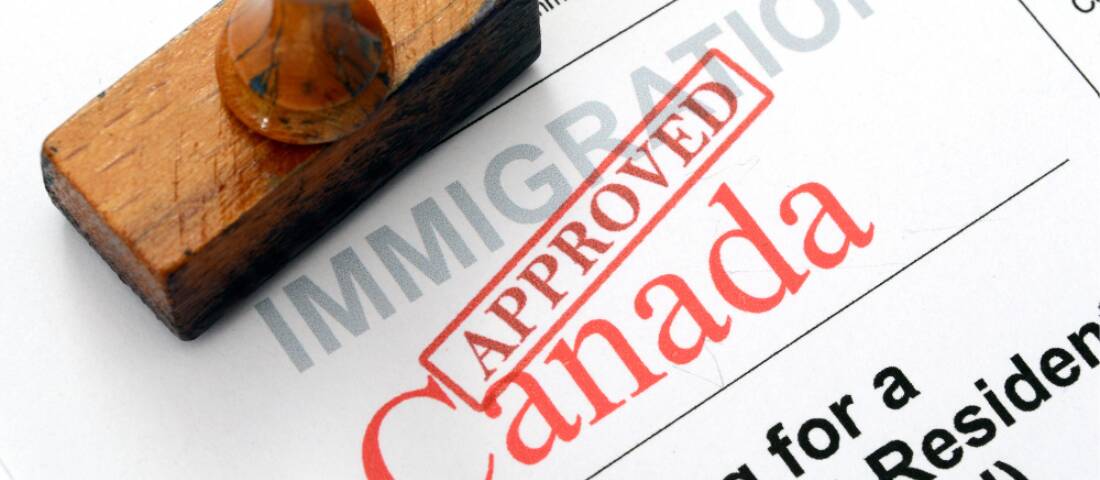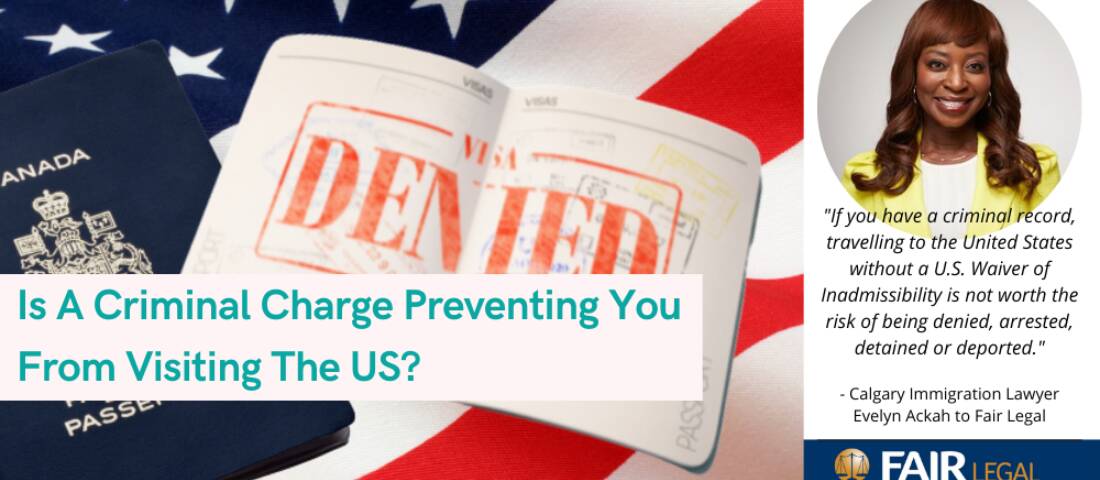When Canada legalizes cannabis in October 2018, U.S. and Canadian companies with cross-border employees who travel between the United States and Canada or who have locations in both countries need to be aware of the new laws, and how they could potentially impact both Canadian employees who travel to the U.S. on business or vacation, and U.S. employees who travel to Canada for work or holidays.
- Marijuana use, distribution and investment are against U.S. federal law, even if it is legal to recreationally smoke marijuana in some U.S. states. The U.S. border patrol has stated they will strictly enforce federal drug laws.
- The U.S. border patrol has the authority to refuse admission to the United States to individuals who have legally used drugs in another country - U.S. citizens who try to cross back into the United States carrying marijuana bought legally in Canada to states where it is legal to have it could be arrested at the border crossings for possession — or drug smuggling — and face stiff fines or years in jail.
- If a Canadian crossing the U.S. border lies about legally using marijuana in Canada - even for medical reasons - they can be banned from entering the United States for lying to immigration officials.
- The U.S. State Department's Bureau of International Narcotics and Law Enforcement Affairs' press officer said: “admission requirements into the United States will not change due to Canada’s legalization of cannabis.”
What HR Departments Should Do Now to Prevent American and Canadian Employees Being Banned for Life from Entering the United States
Neighbours America and Canada have long enjoyed a friendly personal and business relationship. Many U.S. and Canadian businesses do cross-border business and have employees who regularly or occasionally travel between the U.S. and Canada for work reasons. With Canada's new laws that legalize the recreational use of marijuana, employees who legally smoke pot while in Canada may face difficulty crossing the border into the United States - even if they are American citizens.
Immigration lawyer Evelyn Ackah explains,
Human Resource departments in Canada and the U.S. should update their HR policies and notify all employees who currently or in the future may travel between Canada and the U.S. for work, business, education - or even vacations - about how the new marijuana laws could impact them - and what they should and shouldn't do when crossing the Canadian border into the United States.
- Americans who admit to U.S. border guards that they legally used marijuana while in Canada could face difficulties re-entering the U.S.
- Canadians who legally purchase marijuana in Canada may be barred from entering the United States
- Canadians who legally invest in or work in the cannabis industry - even if they do not use marijuana themselves - are subject to the same U.S. federal laws that ban the use, purchase or distribution of cannabis - for any reason.
- Electronic records which show the purchase of legal marijuana in Canada may be available to U.S. border patrol agents - including credit card records, cell phone records and other electronic data.
Evelyn Ackah advises,
Never lie about marijuana use at the border crossing, but instead refuse to answer the question about marijuana use. In that case, Canadians will be denied admission to the United States on that occasion, but will not be banned for life. Americans returning to the U.S. from Canada can be questioned about their legal use or purchase of marijuana in Canada, and are subject to U.S. penalties and laws.
Ackah Business Immigration Law offers employment law and human resources advisory services for companies that do cross-border business. Ackah Law's legal team works with HR departments to protect their business interests and employees. We recommend you review your HR policies and practices and consult a Canadian immigration expert if your business:
- sends employees to meetings, events or conferences for educational, sales or networking reasons to the U.S. or Canada from the other country
- has locations and employees in both the U.S. and Canada
- is considering expanding from the U.S. to Canada, or vice versa
- recruits and hires employees from Canada to work in the United States
- has American employees who visit Canada on holiday, for study or other personal reasons
Learn more about Canada's marijuana legalization and cross-border travel:
How Canada’s New Marijuana Laws May Impact Your U.S. Travel
Marijuana Legalization in Canada Causes Issues for Investors at the U.S. Border
Canadians Who Legally Buy Marijuana in Canada May be Denied Entry to the U.S.








